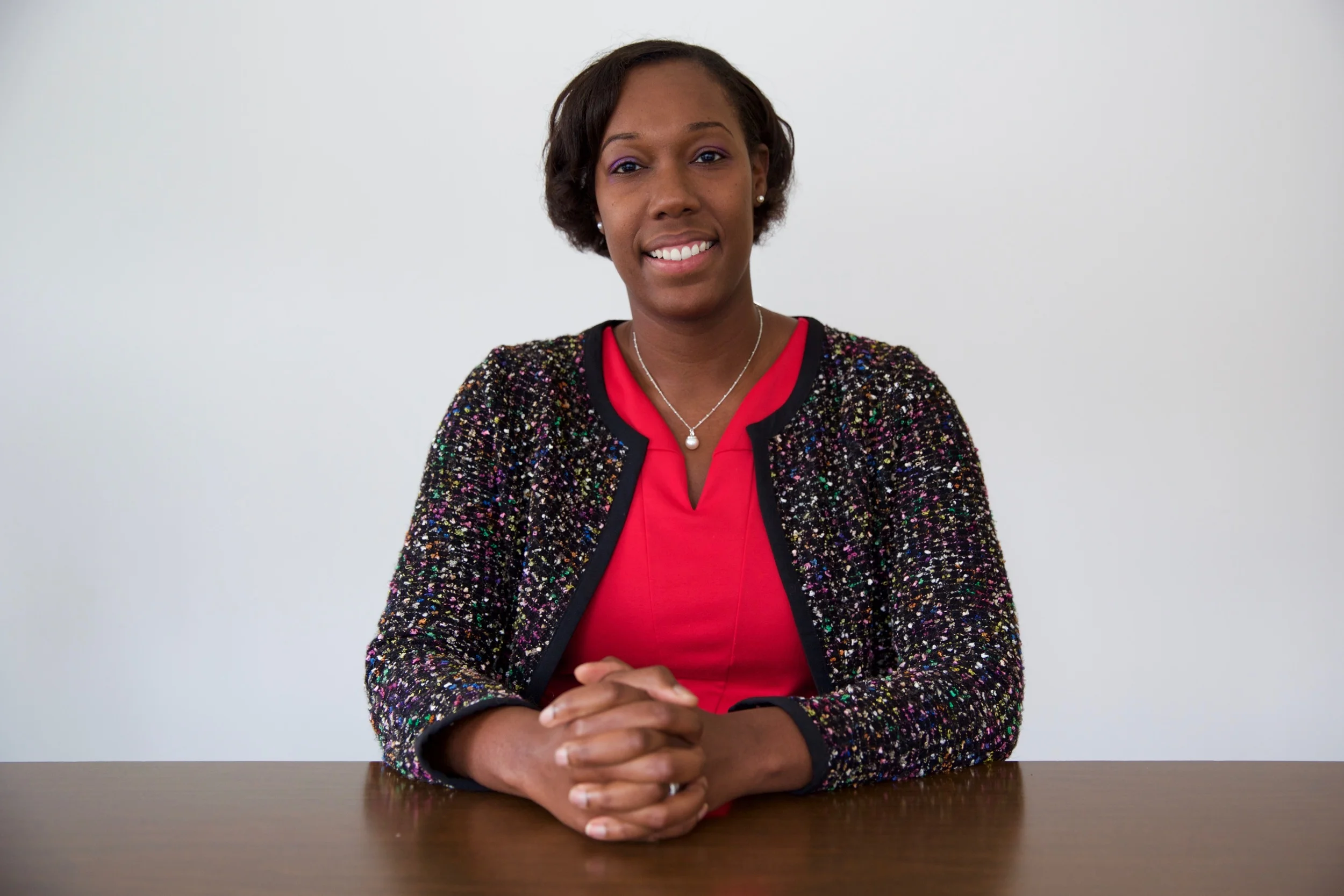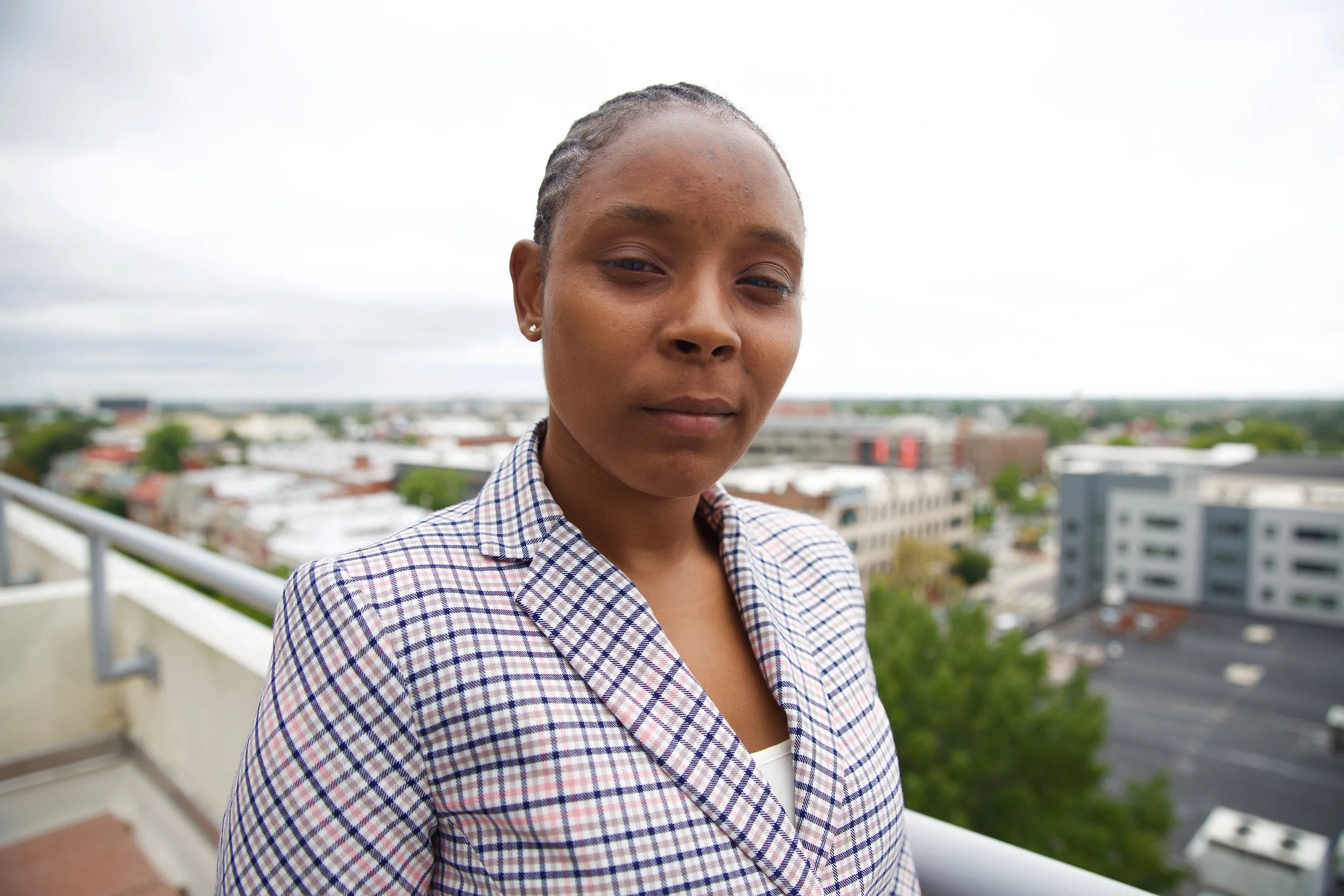Richmond Justice
STORIES + PORTRAITS
Trey | May 13, 2016
Trey Hartt is Deputy Director at ART 180, a youth arts nonprofit. ART 180, along with the Legal Aid Justice Center, is a lead partner of Performing Statistics, a program that connects incarcerated youth to artists, legal experts, and activists to advocate for juvenile justice reform in Virginia. Most recently, they petitioned the General Assembly to stop the construction of a new youth prison in Chesapeake. Trey studied theater at VCU, and serves on the board of Alternate ROOTS, a regional organization supporting arts and activism in the South.
ART 180 believes that every kid should have the opportunity to be their best selves, and that creativity is a critical piece of positive youth development. Unfortunately, our system is set up to criminalize kids. That's why the Performing Statistics project aims to change policies and—from a long-term perspective—dismantle the school-to-prison pipeline.
The prevailing thought is that locking kids away will mean changing those kids' behaviors. But that's clearly not true. There was a 73.4% reconviction rate among incarcerated youth in Virginia in 2015. If we held a company or a nonprofit to that standard, it wouldn’t last a year. It would be shut down. Why should a government entity be held to a different standard?
When you lock up kids, you silence their stories. Art gives kids a chance to frame themselves in the unique ways they see themselves. The kids who participated in the program last summer had every reason to be skeptical of what impact their art would have. They’ve been let down before. But by the end, I think they understood what it feels like to create and to express themselves, and to develop relationships with adults and with each other. And the art they created drew the largest gallery opening we’ve ever had. It has been viewed by police officers and lawyers. We've shared their stories at the General Assembly and at community meetings. Art has offered these kids an opportunity to tell the stories that were silenced.
“I wish more artists saw themselves as community organizers.”
We're not afraid to talk to the people in power. We’re open to their perspectives, but we don’t back down from our perspectives. That approach has pushed us farther than we thought we would go.
Building relationships has been fundamental to the success of the Performing Statistics project. You often see artists doing incredible work, maybe with an understanding of organizing. And you see many lawyers and policy makers doing amazing work. But rarely do you see those two come together. The partnership between Legal Aid Justice Center and ART 180 is unusual—and it’s so important. I wish more artists saw themselves as community organizers—not just as producers for themselves.
As an activist and progressive person, my own prejudice leads me to view a person working in the justice system as someone who’s sustaining the status quo. I'm inclined to think that he or she is not someone who believes that things can change. But during the course of this project I found that to be untrue. Everyone we’ve worked with at the detention center and local court services unit has been extremely open and positive. They don’t want kids to go into the system. It’s encouraging to see the number of people in Richmond who really, truly care about supporting young people.
But even with all of these great people, Richmond could still be Ferguson or Baltimore or Cleveland. Due to simmering tension fueled by age-old inequities, any city could burst at any moment. In Richmond, we know that tension is there. So there’s still a lot of work to do. Political leadership and committed people working at the grassroots level will make the difference. We’re not going to let up just because things seem to be going well. There are a lot of kids in our community whose needs are not being met.
The research shows that community-based alternatives to prison are worth serious investment. The Robins Foundation took a big risk when they funded this program and said that they want to contribute to dismantling the school-to-prison pipeline. Both Governor Terry McAuliffe and Secretary of Education Ann Holton have said that the school-to-prison pipeline needs to be addressed. This is the right moment to catapult political promise into long-term change—and we can do that, through art and activism.
—interviewed January 5, 2016








